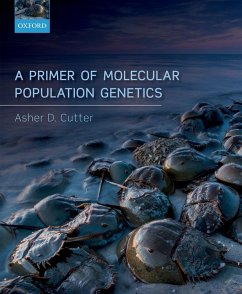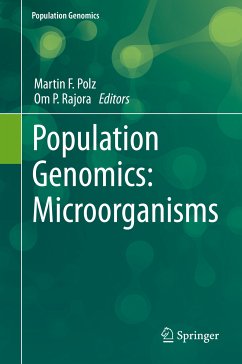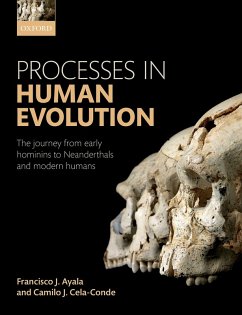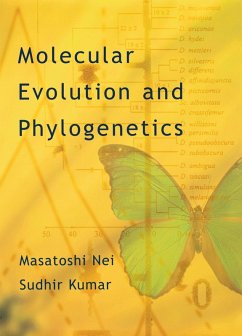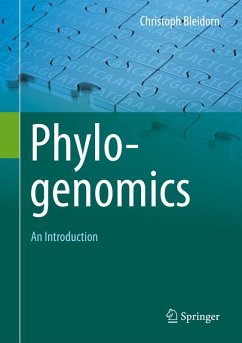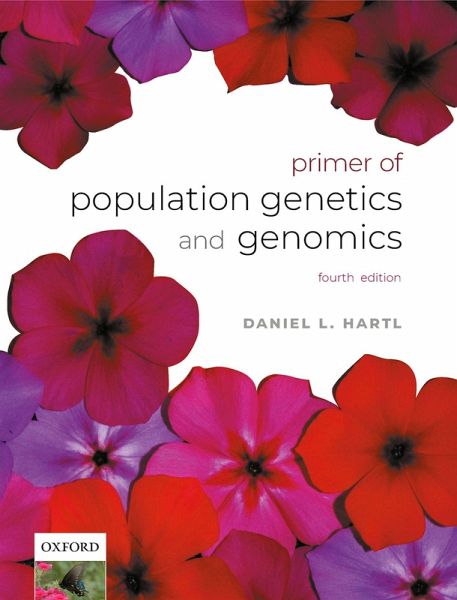
A Primer of Population Genetics and Genomics (eBook, PDF)

PAYBACK Punkte
16 °P sammeln!
A Primer of Population Genetics and Genomics has been completely revised and updated to provide a concise but comprehensive introduction to the basic concepts of population genetics and genomics. Recent textbooks have tended to focus on such specialized topics as the coalescent, molecular evolution, human population genetics, or genomics. This primer bucks that trend by encouraging a broader familiarity with, and understanding of, population genetics and genomics as a whole. The overview ranges from mating systems through the causes of evolution, molecular population genetics, and the genomics...
A Primer of Population Genetics and Genomics has been completely revised and updated to provide a concise but comprehensive introduction to the basic concepts of population genetics and genomics. Recent textbooks have tended to focus on such specialized topics as the coalescent, molecular evolution, human population genetics, or genomics. This primer bucks that trend by encouraging a broader familiarity with, and understanding of, population genetics and genomics as a whole. The overview ranges from mating systems through the causes of evolution, molecular population genetics, and the genomics of complex traits. Interwoven are discussions of ancient DNA, gene drive, landscape genetics, identifying risk factors for complex diseases, the genomics of adaptation and speciation, and other active areas of current research. The principles are illuminated by numerous examples from a wide variety of animals, plants, microbes, and human populations. The approach also emphasizes learning by doing, which in this case means solving numerical or conceptual problems. The rationale behind this is that the use of concepts in problem-solving lead to deeper understanding and longer knowledge retention. This accessible, introductory textbook is aimed principally at students of various levels and abilities (from senior undergraduate to postgraduate) as well as practising scientists in the fields of population genetics, ecology, evolutionary biology, computational biology, bioinformatics, biostatistics, physics, and mathematics.
Dieser Download kann aus rechtlichen Gründen nur mit Rechnungsadresse in A, B, BG, CY, CZ, D, DK, EW, E, FIN, F, GR, HR, H, IRL, I, LT, L, LR, M, NL, PL, P, R, S, SLO, SK ausgeliefert werden.




